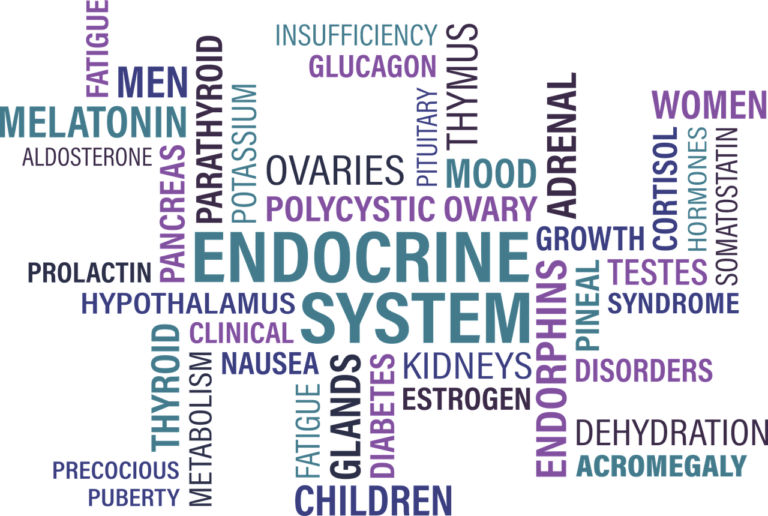Empowering Decisions: Understanding the Power of Attorney

In the realm of legal and financial affairs, the concept of a Power of Attorney (POA) holds significant importance, providing individuals with a crucial tool to manage their interests and affairs effectively. Whether for personal or business matters, understanding the power and implications of a POA can be instrumental in navigating various life circumstances. Let’s delve into what a Power of Attorney entails and how it empowers individuals in different capacities.

Page Contents
Empowering Decisions: Understanding the Power of Attorney
Defining Power of Attorney
1. What is a Power of Attorney? A Power of Attorney is a legal document that grants authority to an appointed person or entity (known as an “agent” or “attorney-in-fact”) to act on behalf of another person (the “principal”). This authorization can be broad or limited in scope, depending on the principal’s preferences and the purpose for which the POA is created.
2. Types of Power of Attorney:
- General Power of Attorney: Grants broad authority to the agent to handle a wide range of legal and financial matters on behalf of the principal.
- Limited or Special Power of Attorney: Limits the agent’s authority to specific actions or transactions, such as selling property, managing investments, or handling healthcare decisions.
- Durable Power of Attorney: Remains in effect even if the principal becomes incapacitated or mentally incompetent, ensuring continuity in decision-making.
- Springing Power of Attorney: Takes effect only under specific conditions specified by the principal, such as incapacity or absence.

Uses and Applications
1. Financial Management: A Power of Attorney allows the agent to manage financial affairs, including banking transactions, paying bills, managing investments, and filing taxes. This can be particularly beneficial for elderly individuals or those facing physical limitations.
2. Healthcare Decisions: Through a Healthcare Power of Attorney or Medical Power of Attorney, individuals can designate an agent to make medical decisions on their behalf if they become unable to do so. This includes decisions about treatment options, medical procedures, and end-of-life care.
3. Business Transactions: In business contexts, a Power of Attorney enables agents to conduct business transactions, sign contracts, negotiate deals, and handle legal matters on behalf of principals who may be unavailable or prefer to delegate such responsibilities.
4. Real Estate and Property Management: Property owners can appoint agents to manage real estate transactions, lease agreements, property maintenance, and other related matters through a Power of Attorney focused on property management.
Creating a Power of Attorney
1. Legal Requirements: Creating a valid Power of Attorney typically requires adherence to state-specific legal requirements, which may include signing the document in the presence of witnesses or notarization.
2. Choosing an Agent: Selecting a trustworthy and competent agent is crucial. The agent should understand the responsibilities involved and act in the best interests of the principal at all times.
3. Revocation and Amendments: Principals retain the right to revoke or amend a Power of Attorney as long as they are mentally competent to do so. It’s advisable to communicate changes in writing and distribute updated copies to relevant parties.
Conclusion
In essence, a Power of Attorney is a powerful legal instrument that empowers individuals to plan for unforeseen circumstances, manage their affairs efficiently, and safeguard their interests. By granting authority to trusted agents, principals can ensure continuity in decision-making, protect their assets, and maintain control over critical aspects of their lives. Understanding the nuances of a Power of Attorney allows individuals to make informed decisions that align with their personal, financial, and healthcare preferences.
Whether preparing for retirement, navigating health challenges, or managing business endeavors, the proactive creation of a Power of Attorney exemplifies foresight and responsible planning. It serves as a cornerstone in empowering individuals to face life’s uncertainties with confidence and preparedness, ensuring their wishes are honored and their interests are protected.






